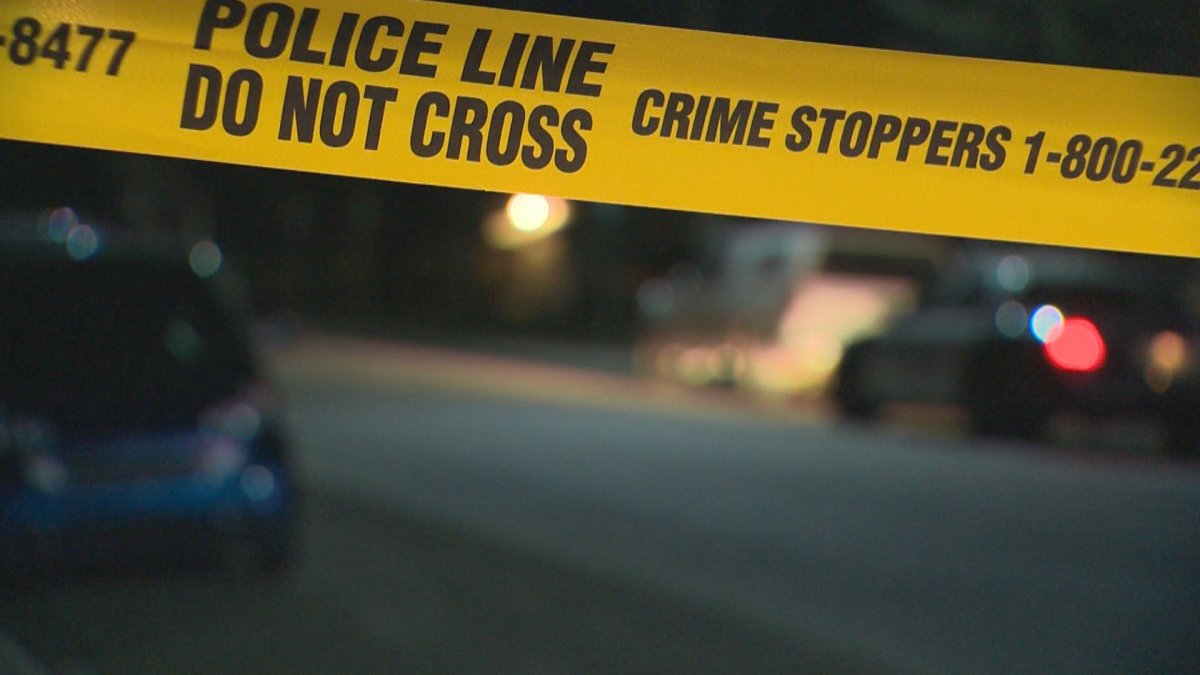A new province-wide policy on identifying victims of homicide will be released by the end of a two-day meeting of police chiefs in Calgary that begins Tuesday morning. However, it might not change a whole lot of what Edmonton police are doing now.

“I don’t think we’ll see a quantum leap,” Edmonton Police Chief Rod Knecht told reporters on Monday.
“It’s going to be similar to the approach we’ve taken historically, which is every case on its own merits.
“Can we release the information? Then we will. And we’ll release that information as long as we respect the rights of the individual.”
Out of 29 homicides in Edmonton this year, police withheld names 11 times, although those names became available through other searches.
Examples of names being withheld include the name of an 11-month-old baby that police allege died of a meth overdose. The mother’s name, Michelle Rice, was included in a charge of second-degree murder.
Another instance was a domestic murder-suicide in the Riverbend Terwillegar area in January. Police would not release the names of the victims but a title search showed the home was owned by Clive Deutscher, a medical doctor, and his wife Karlene Johner, a nurse.

Get daily National news
READ MORE: Pair found dead in Riverbend home shot in apparent murder-suicide
An LRT stabbing that led to the death of a 19-year-old was never released by police, although two suspects were charged.
READ MORE: Police policy draft on naming homicide victims now with Alberta privacy commissioner
A draft policy has gone back and forth with privacy commissioner Jill Clayton and Knecht said a subcommittee of lawyers from the police agencies reached an agreement on a final version last week. An EPS lawyer was part of that working group.
Knecht said the default position police will take is to provide a name whenever possible.
“That was the suggestion by the privacy commissioner. Make sure when you can, you will. That’s one of the suggestions. So we’ll look at our policy. When we can, we will.
“It’s an important balance. Will we get it right every time? There’s some discretion in there, obviously, and when there’s room for discretion, there’s room for human error.”
One factor that will be looked at is if names are included in documents that the media can obtain easily through a court check.
“It’s one of those common-sense issues,” Knecht said. “You say the media can access it through court documents but is it still right that we release it? And that’s the rub because there are going to be those occasions I can tell you in to the future that those names will exist in a court document and we may not release it because that individual, that victim, asked us: ‘Please don’t release it, police.'”
READ MORE: Alberta police chiefs say uniform policy on naming murder victims should be known in 3-4 weeks
It’s those requests from surviving family members that complicates things, he said.
“Obviously, a homicide victim is dead but I’m using it in the broader context where a family member says to us, ‘Please don’t use the name.’ I guess if that name is released through other means… We’re trying to respect the rights of the victim as best we can.”
“Will there be more collective rigour around this? Absolutely.”
Knecht anticipated the policy will be dealt with on the second day of the two-day meeting in Calgary.












Comments